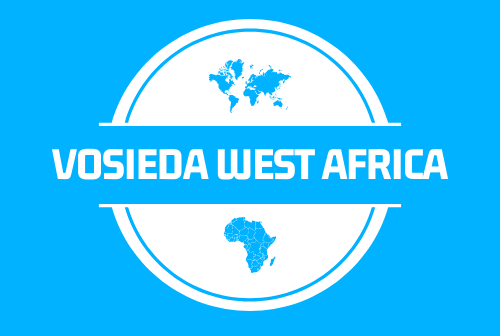Context
The Ebola Virus Disease (EVD), though now completely eradicated, was a new phenomenon in West Africa and placed a heavy burden on the three most affected countries (Guinea, Liberia and Sierra Leone). The socio-economic impact of the EVD outbreak is well documented. It reversed the economic gains for the affected countries with negative consequences on livelihoods. Measures undertaken to contain.
While the disease was eventually eradicated, the UN Agencies and other development partners have continued to provide post evd recovery support especially in strengthening and fast-tracking recovery initiatives and responses in the border areas in order to address critical recovery challenges to which less attention has been paid so far. In the light of the above, the project ‘Supporting and Strengthening Sub-regional post-Ebola Medical Surveillance and Socio-Economic Recovery Initiatives in West Africa’ was designed to provide technical assistance and support at sub-regional, national and grassroots level to the three Ebola affected countries, and Côte d’Ivoire. It is intended to assist the countries to address urgent needs in the health, social and economic recovery, conflict prevention and peace building in common border areas.
The intervention

Under this project, VOSIEDA partnered with UNDP in Libera to provide the livelihood components.
Main deliverable/outputs:
- Conducted training needs assessment of sustainable livelihoods in 49 border communities in Nimba and Grand Cape Mont Counties.
- Provided livelihoods training to 235 beneficiaries in targeted communities.
- Developed vulnerability mapping and identified beneficiaries in targeted communities.
- Implemented livelihood, conflict prevention and social cohesion training in 49 communities.
- A total of 235 (99 male; 136 female) were trained in both counties in various livelihoods skills including small business management; cassava (gari), palm kernel and rice processing, animal husbandry and related value-added enterprises.
- Eight (8) VSLA established and trained in the VSLA methodology with a total membership of 300 (84 males; 226 female) in both counties who saved 6,500,000 Liberian dollars by end of training.
- County and local authorities were trained in Local Economic Development (LED) concepts and strategies that enabled them to harness local resources for sustainable economic growth.
Key facts
Sector: Women and Youths’ socioeconomic empowerment.
Domain: Livelihoods, Gender Equality and incomes generations
Benefiting zone: Liberia
Nature: Grant
Duration: 2017
Status: Completed
